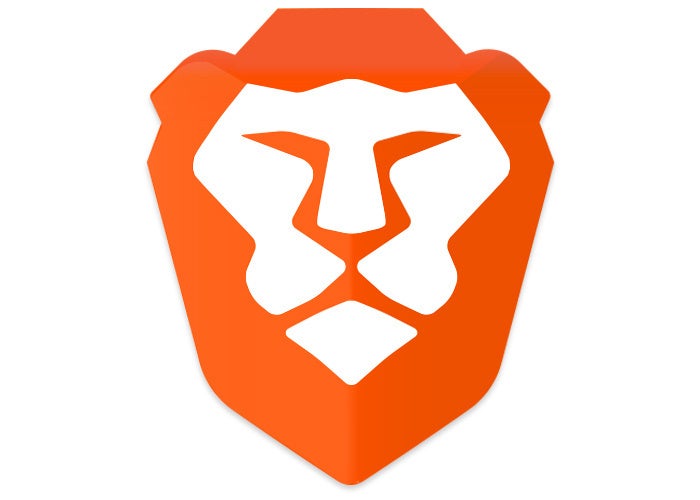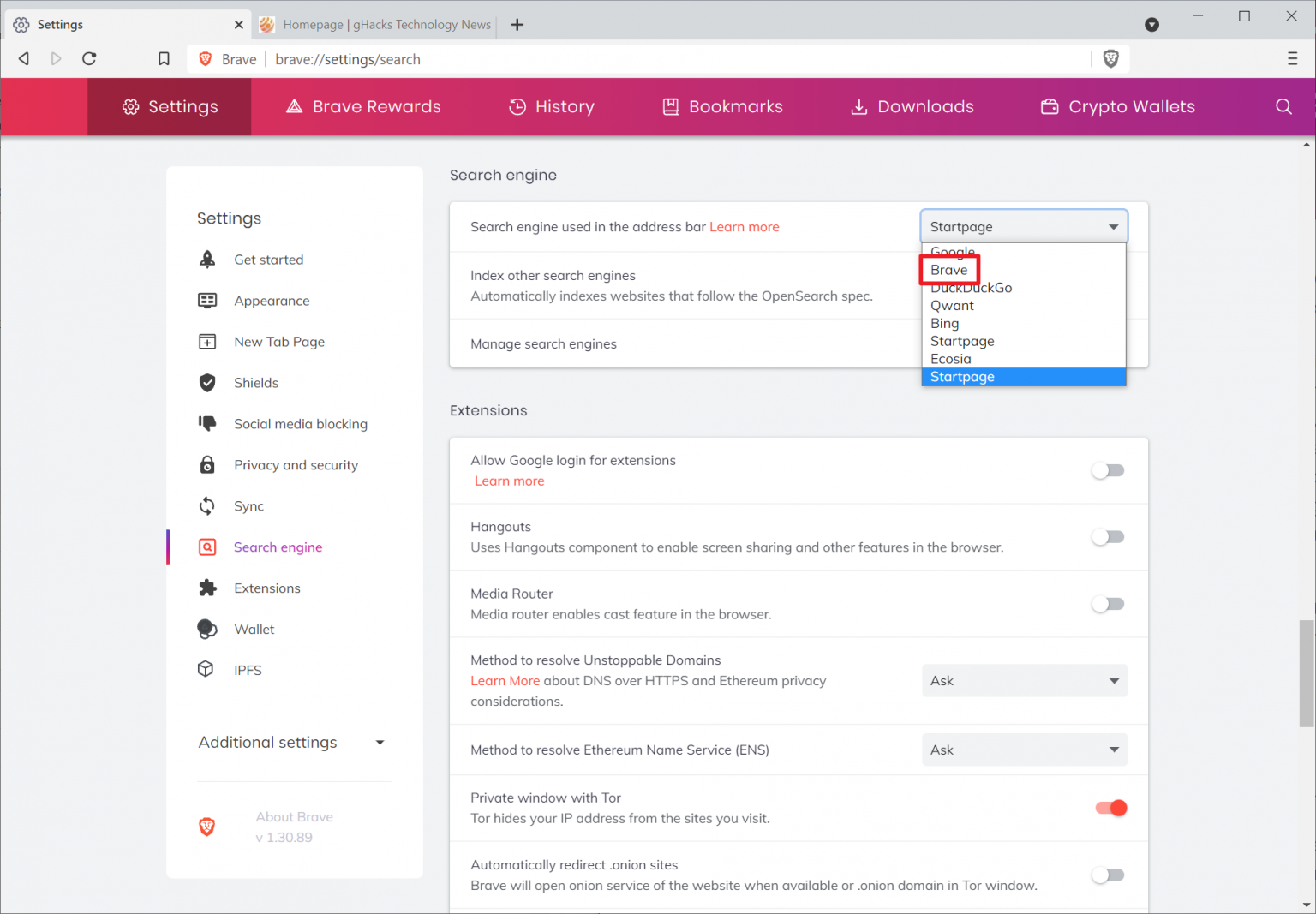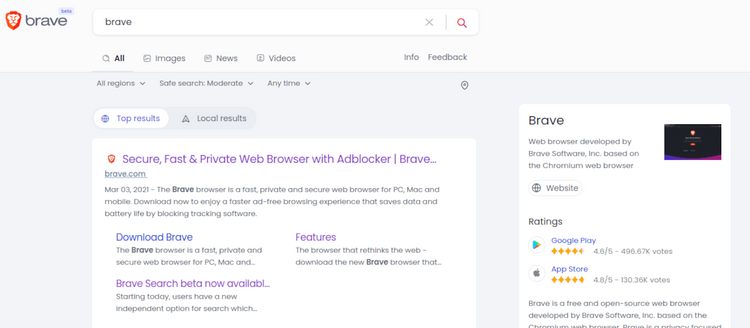

In 2011, Google manually wired its search results to show particular pages for nonsense searches like "hiybbprqag." Google employees searched for those terms into computers using Microsoft's Internet Explorer browser running the Bing toolbar extension. That "clickstream" data is anonymized so it can't be tracked to individual users, he said.Ĭhecking clickstream data is similar to an approach Microsoft used in Bing - one that led to Google charging that Bing copied Google search results. Instead, the startup crowdsources the work with help from Brave users who, if they opt into data sharing, can supply Brave with data about what they search for and what search results they click on, Eich said. Brave doesn't build its search index alone, though. The company has also taken up the privacy flag on behalf of its users and has filed two GDPR complaints against Google in Europe, claiming that Google's ad-bidding system circumvents GDPR and that Google is collecting more data than it needs.It requires immense resources to scour the entire web for information, build an index of that information, then evaluate the best results for a given search query. Through Brave Search and other previously launched services like Brave Ads, Brave News, and VPN service, Brave Software is currently positioning itself as the most privacy-focused web browser today, together with the Tor Browser. Once launched, the service will be a direct competitor with DuckDuckGo, the only major privacy-preserving search engine on the market today.

In addition, once the service launches later this year, Brave said it plans to make it available for other browsers as well.

"Unlike older search engines that track and profile users, and newer search engines that are mostly a skin on older engines and don't have their own indexes, Brave Search offers a new way to get relevant results with a community-powered index, while guaranteeing privacy," Eich said.īrave said its new search engine has already been tested by more than 100,000 users via closed access trials, and the upcoming beta period will help put the final polish for the official launch later this year.įuture plans include showing ads, but they will be based on the company's privacy-preserving Brave Ads systems, and a paid option to hide all ads will also be available. Brave initially announced Brave Search in March, after the company acquired Tailcat, an open search engine developed by the team who previously developed the search engine for the now-defunct Cliqz web browser.īrave CEO Brendan Eich called it "the industry's most private search engine." Work on this new service has been going on for the past three months.


 0 kommentar(er)
0 kommentar(er)
